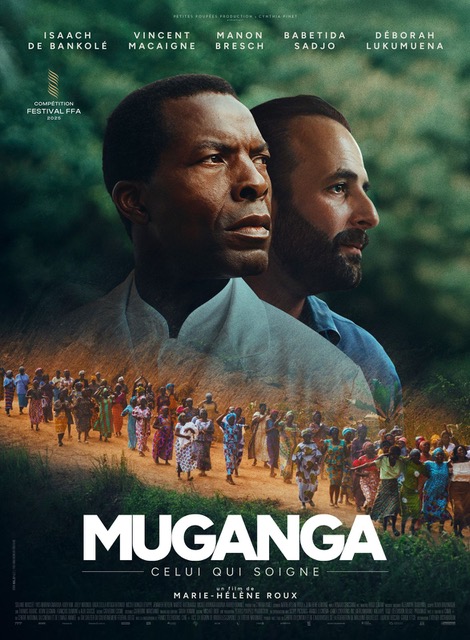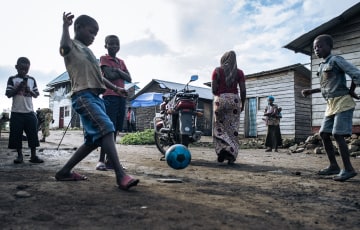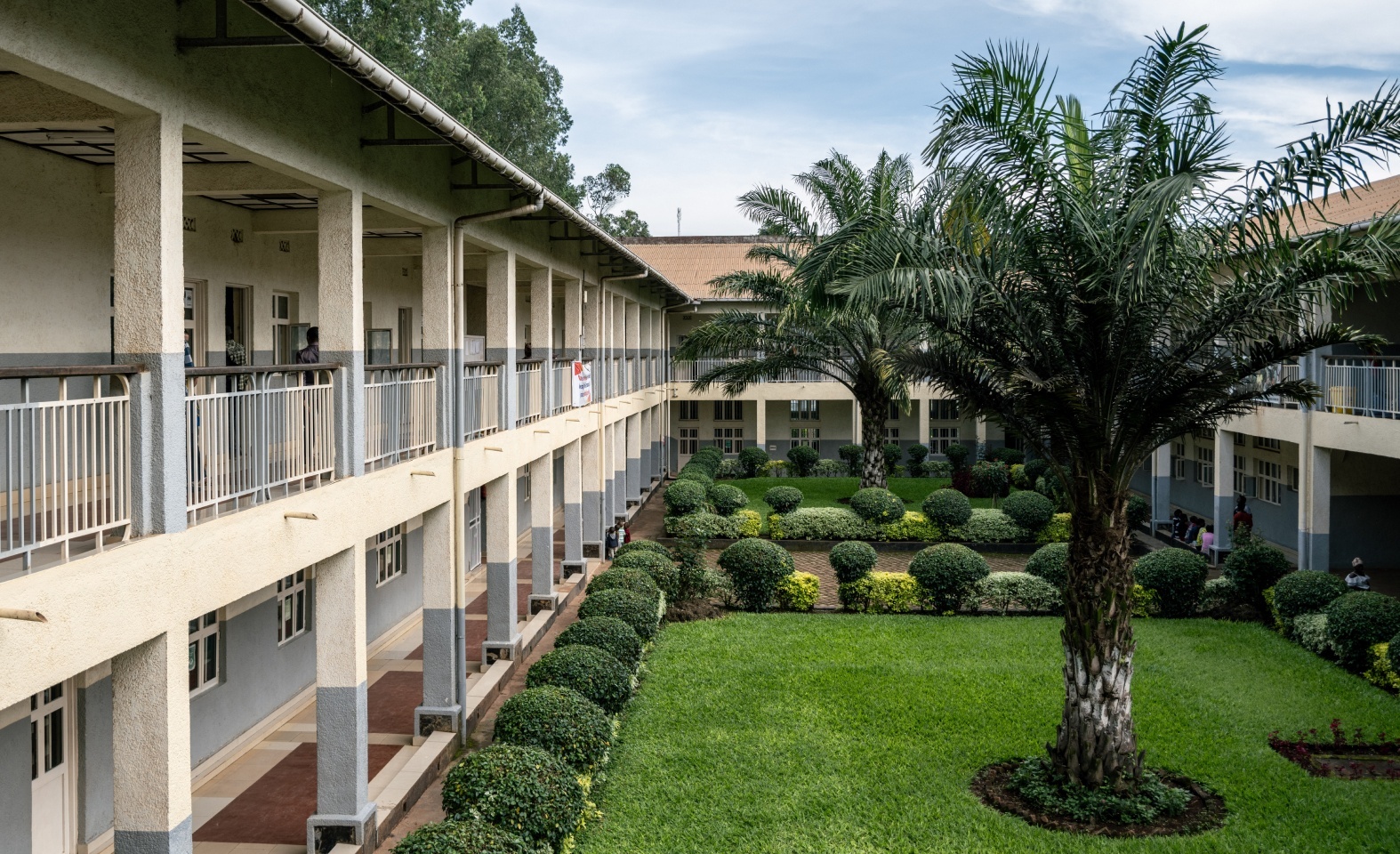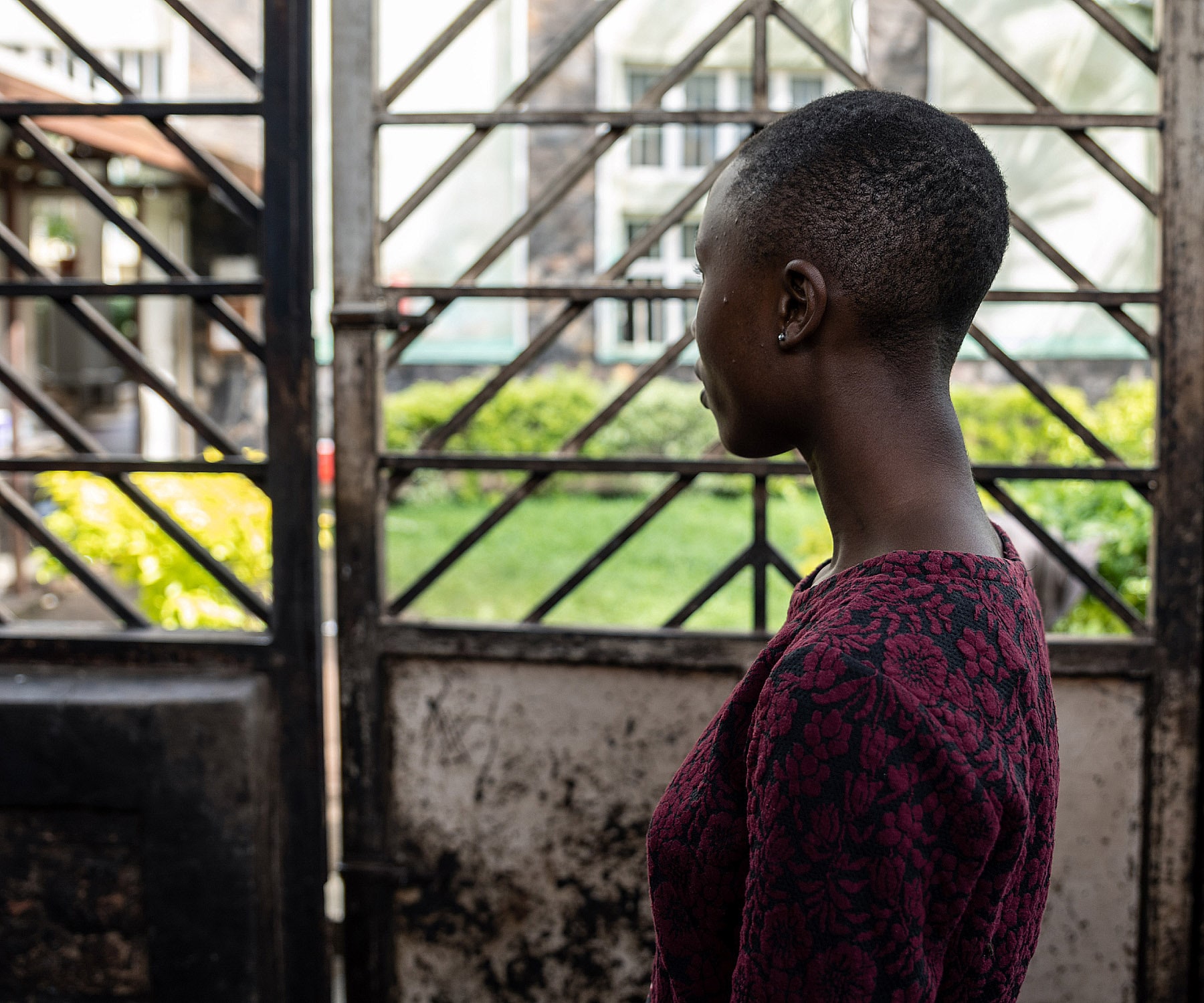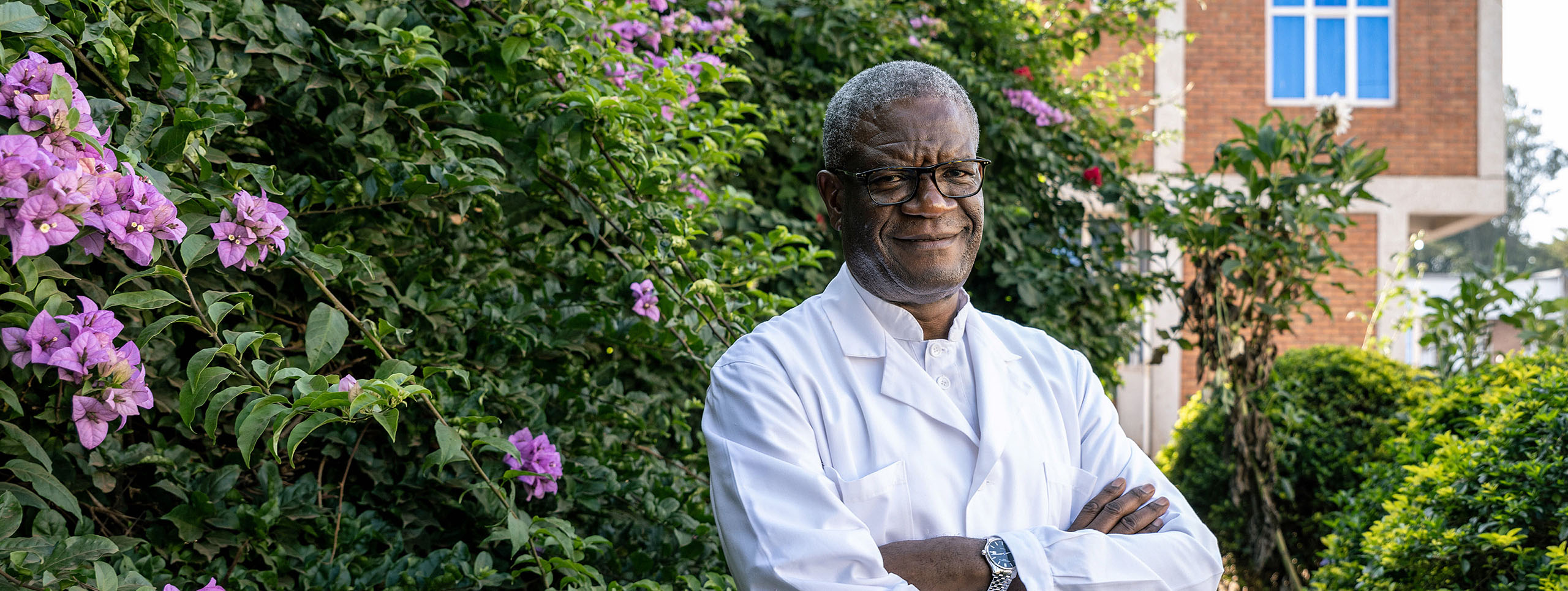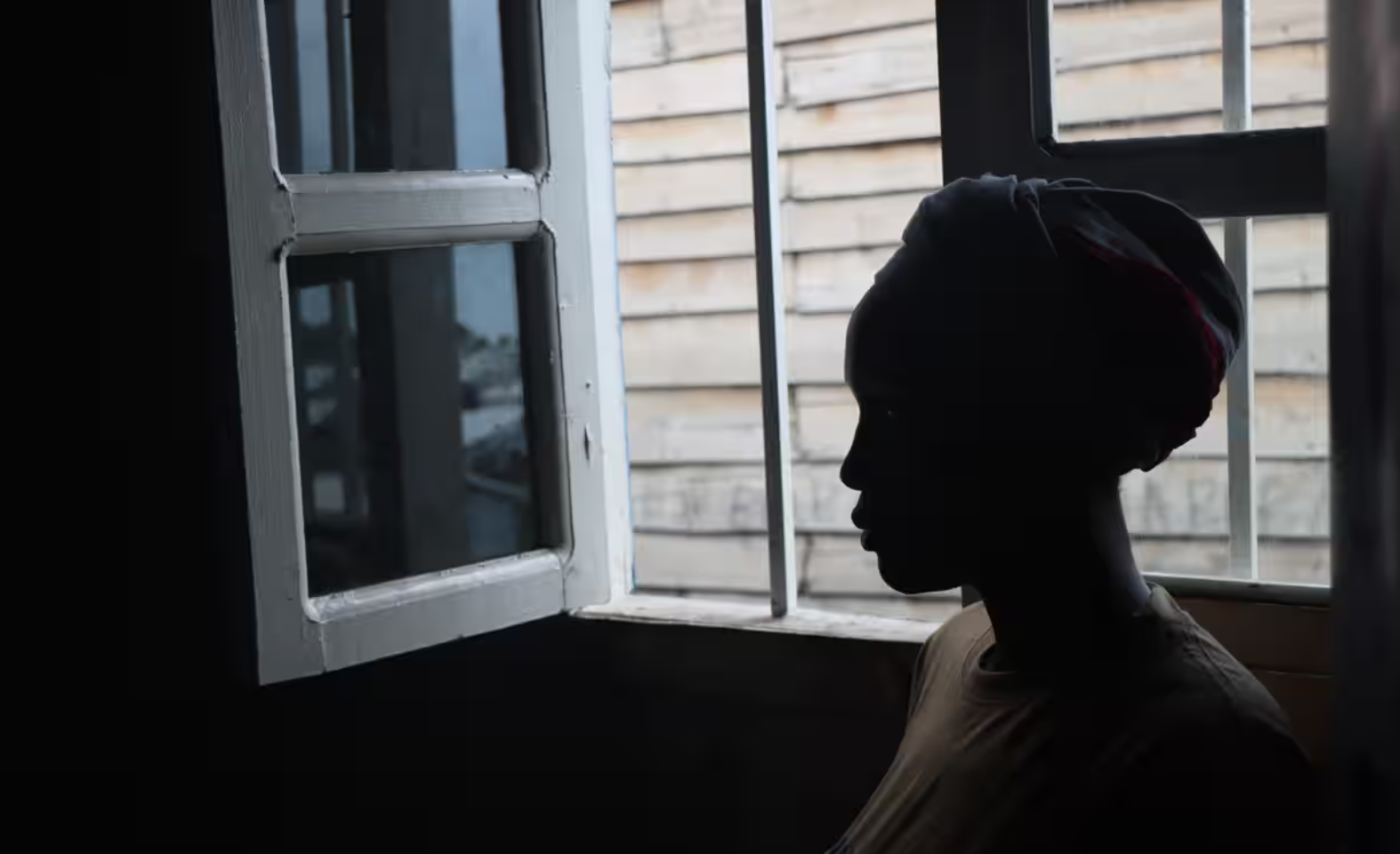(BUKAVU, DRC) Dr. Denis Mukwege, Founder and Medical Director of the Panzi Hospital, and Founder and President of the Panzi Foundation USA, authored the foreword for the report released today by Global Witness and Amnesty International “Digging for Transparency.” The report examines and analyzes filings submitted by 100 companies under the 2010 Dodd Frank Act (Section 1502) known as the conflict minerals law.
The Panzi Foundation USA, released the following statement today on behalf of Dr. Mukwege, in support of the report:
“Violence continues despite the war’s official end. Huge areas of my country remain controlled by rebel groups who use sexual violence as a weapon. More women and girls, physically and psychologically scarred by rape arrive weekly at Panzi, a hospital I founded in my hometown of Bukavu in Eastern Democratic Republic of Congo. As a surgeon, my role is to heal and repair their bodies and souls. Every day, my staff and I witness the devastation sexual violence spreads. It violates the body and often destroys lives.
“This conflict spreads far beyond Congo’s borders. The brutality is partly funded, and fuelled, by the trade in mineral resources. Some of these minerals – such as gold, tin, and coltan – come from mines controlled by armed groups with a history of carrying out these attacks. Women are the primary labor force and the primary caregivers. Through rape, the armed groups exert control over them while destroying their bodies and trying to rob them of their humanity.
“Cleaning up the minerals trade, on which thousands of legitimate miners depend, is vital if we want to limit the damage done by the perpetrators of the destabilizing violence. It is not an easy task.
“These laws must be enforced. Those guilty of crimes in Congo must be brought to justice. More must be done to support the lives of ordinary men and women who work in the mines. Responsible companies should continue to source from mines in Congo and other high-risk areas that are free from armed groups. We need a conflict-free minerals trade that brings benefits from these resources to the people of Congo.
One of the most powerful is to compel companies to shine a light on their supply chains to see who is benefiting at each step and then report on what they find. To try to solve this problem without looking would be like me trying to operate with my eyes closed.”
